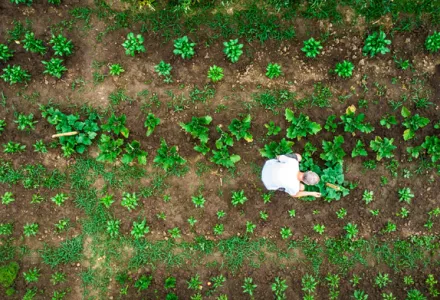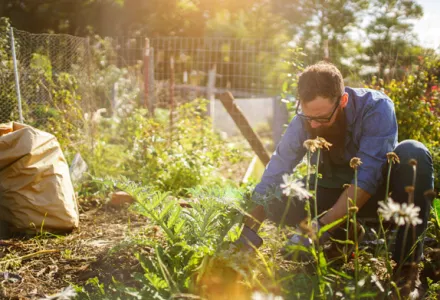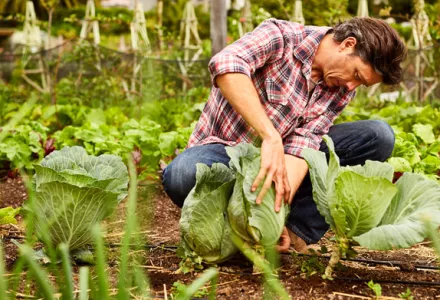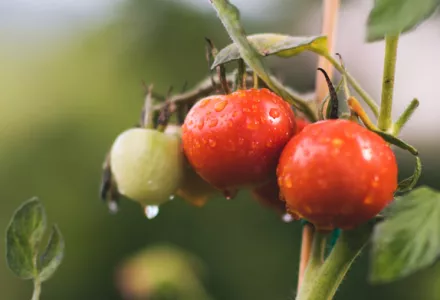Towards the end of the last century more and more products began to appear whose main selling point was 'having been grown in a natural way'. But when is it allowed to call your product biological or ecological, and what does organic growing means when it comes to everyday practices like fertilising and sowing?
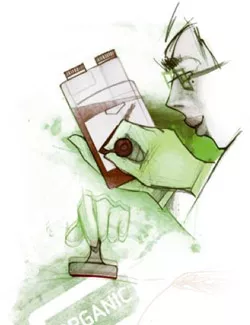
Quality marks in the European Union
The European Union has issued a regulation on organic production, named (EC) 834/2007. This article establishes the terms ‘biological’ and ‘ecological’ (and their abbreviations ‘bio’ and ‘eco’). These terms may only be used on those products produced in accordance with the following rules: organic growers must at least respect nature's systems and cycles, sustain and enhance the health of soil, water, plants and animals and the balance between them. The aim of this regulation is to improve biological diversity.
Organic growing in practice
What does organic growing mean when it comes to everyday practices like fertilising, sowing, and so on? According to EU regulation (EC) 834/2007, an organic grower should rotate crops every few years. When fertilising crops, organic growers should take the following into account:
- Fertilisers should come from livestock manure or organic material from organic production
- The use of biodynamic preparations (this means preparations from your own farm) is allowed
- Fertilisers and soil conditioners may only be used if they have been authorized for use in organic production
- Mineral nitrogen fertilisers must not be used
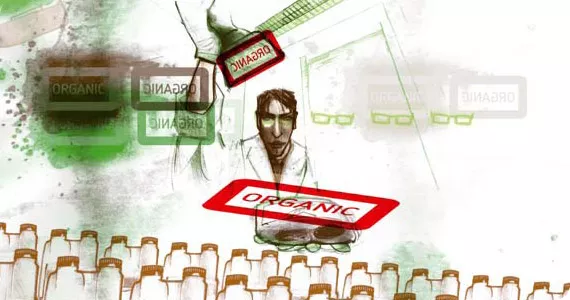
Additionally, all plant production techniques used by organic growers should prevent or minimize pollution in the environment. Pests, diseases and weeds should be controlled primarily by using natural enemies, choosing the appropriate plant species and varieties for the environment, crop rotation, cultivation techniques and thermal processes. If a crop has been damaged, plant protection products may only be used if they have been authorized for use under Article 16 of EU regulation (EC) 834/2007.
When it comes to seed and ‘vegetative propagating material’ (such as cuttings etc.), only organically produced seed and plants are allowed. To this end, the mother plant (in the case of seeds) and the parent plant (in the case of cuttings) must have been produced organically for at least one generation, or, in the case of perennial crops, two growing seasons. Only authorized products may be used for cleaning and disinfection (under Article 16 of EU regulation (EC) 834/2007).
However, if these practices are not sufficient for the proper growth and production of crops, a selection of fertiliser products are permitted, which are listed in Annex I of Regulation (EC) 889/2008. However, in order to use any of these products, a written justification must be provided.
Logos for Organic Farming
Products for agricultural use are known as consumables. To ensure that a consumable meets the established requirements, each European country has agencies that inspect the product and certify that it may be used in organic farming. Each agency has its own logo which can be used to distinguish organic products from those that do not meet the relevant legislation.
These logos should not be confused with the community logo that is used on organically produced food and beverage products (the 'Euro-leaf'). Its use is controlled by regulation (EU) 271/2010.
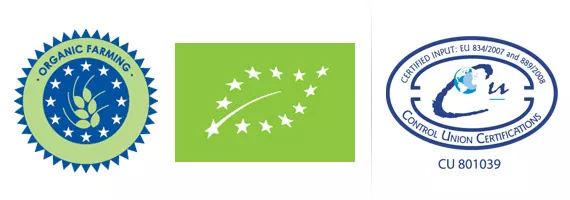
The 3rd logo on the right is that of the Control Union (CU). This label means that a product is suitable for use in organic growing. A CU-certified product must mainly consist of elements coming from organic agriculture or the wild. Also, the product may not be chemically treated or contain heavy metals.
Incompatible with Organic Production
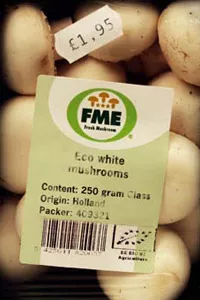
Note: the Euro-leaf can only be used on consumable products such as food and drinks.
Article 9 of regulation (EC) 834/2007 prohibits the use of genetically modified organisms in organic production in all cases because, as stated in Preamble (9) of the regulation, ‘genetically modified organisms (GMOs) and products produced from or using GMOs are incompatible with the concept of organic production and consumers’ perception of organic products. However, organisms whose genome has been modified by traditional genetic mutation methods may be used in organic production.
Another important aspect of European legislation is that it expressly prohibits the use of hydroponics, defined as ‘the method of growing plants with their roots in a mineral nutrient solution only or in an inert medium, such as perlite, gravel or mineral wool to which a nutrient solution is added’. As such, hydroponic crops cannot be considered organic even if they have been fertilised with organic nutrients.
It is important to note that other countries do not always share the same views. In North America, the USA does not directly forbid hydroponic production. However, both Canada and the USA prohibit GMOs in organic production.

